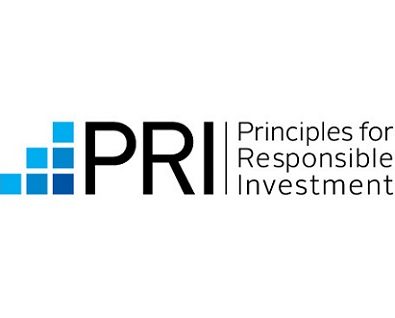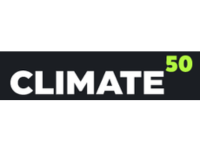{…}
DEMOCRATIZING FARMING AND PUTTING MORE MARKET POWER IN THE HANDS OF FARMERS
While farming is “extremely consolidated,” Baron says, prices are not all that transparent. Indeed, he’s right. Last September, Dow Chemical Company and DuPont completed a $130 billion mega-merger, creating DowDuPont. And now the Department of Justice is mulling a proposed merger of seed giant Monsanto and chemical behemoth Bayer. In the U.S., Monsanto and DowDupont already own more than 70% of the available corn seed, Baron says. “What’s happening is what used to be the local regional farm economy is now replaced by this oligopoly system of consolidated manufacturers, retailers, and buyers.”
According to Baron, the North American seed and chemical industry can be valued at $26 billion. “And there’s almost not a single price posted online,” Baron explains. “If you or I wanted to buy something for our daily lives, we’d just go online, start with Amazon and shop around to find the best price. Even if you want to buy a car, you can find the MSRP and then negotiate from there.”
The result is “the least transparent and least competitive market you can imagine,” Baron says. Or, all of the power is currently in the hands of these mega-agriculture companies. “Famers are consumers, too,” Baron continues. “There are hundreds of thousands of U.S. farms, and they buy billions of dollars of these products, and they get completely hosed and taken advantage of. They lack basic consumer rights and transparency that you or I benefit from.” When a farmer joins the network, his or her data on seed prices and performance as well as agronomics analytics are all posted online and available to all farmers also on the network. “We are providing transparency in a market that doesn’t allow it to happen,” Baron boasts.
By providing farmers the ability to make smarter, informed decisions, each farm is able to save around around $120,000, he estimates. “In South Dakota, that’s a new tractor or sprayer or putting your kids through college,” Baron points out.
To read the full article, visit Poets & Quants.











